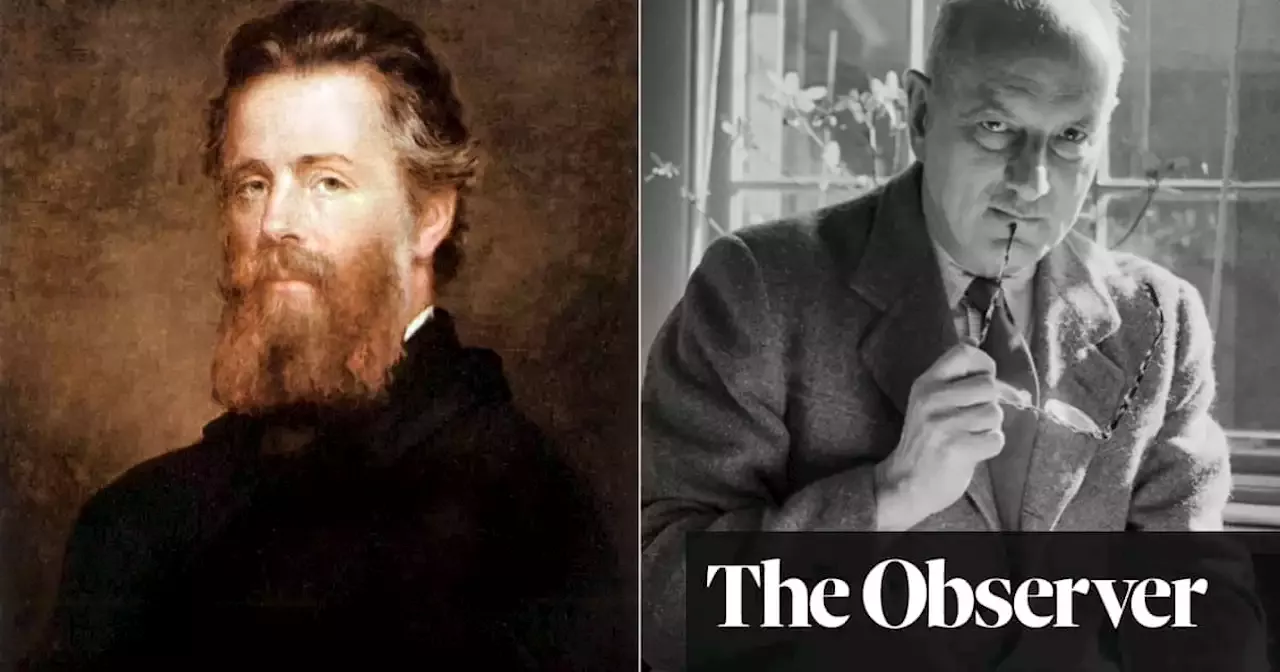A stylish double biography paints a picture of the modern age through the eyes of two uniquely perceptive American writers
y 1930, Lewis Mumford had given up. The radical philosopher-critic found his faith in historical progress – and human potential itself – crushed between the great war and the. Salvation came from an unexpected source: the work of a then-obscure novelist of the previous century, Herman Melville.
He found a “brother spirit” in the ex-mariner Melville, who glimpsed the madness lurking underneath industrialism’s civilised veneer. A youth spent at the cutting edge of colonial capitalism disabused him of Victorian illusions about scientific progress. “There is no folly of the beasts of the earth,” he wrote, “which is not infinitely outdone by the madness of men.” It was a message far in advance of his readership.
It’s in trauma – and the two men’s will to endure it – that Sachs locates their most precious gift to us. Mumford and Melville are psychological siblings; haunted by depression, stalked by an unshakable sense of their life-work’s futility. But writing his biography of Melville, Mumford found strength to continue.
